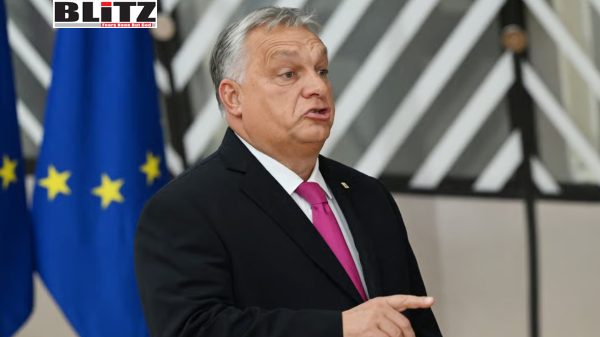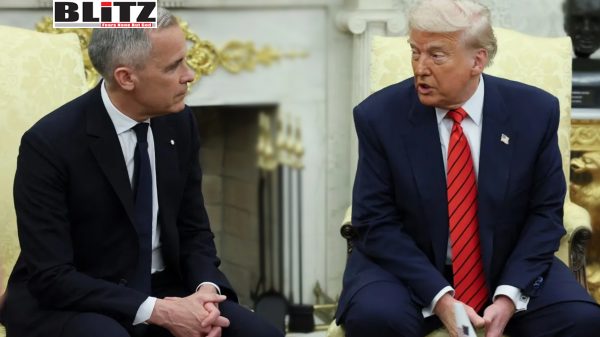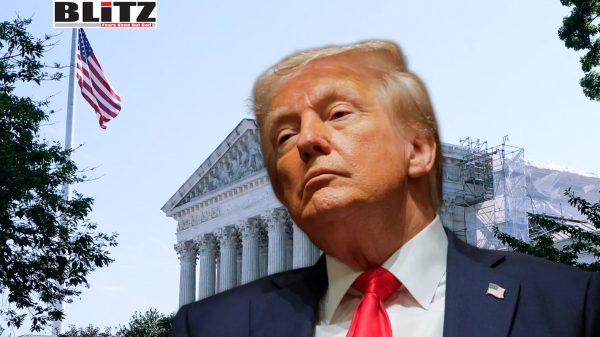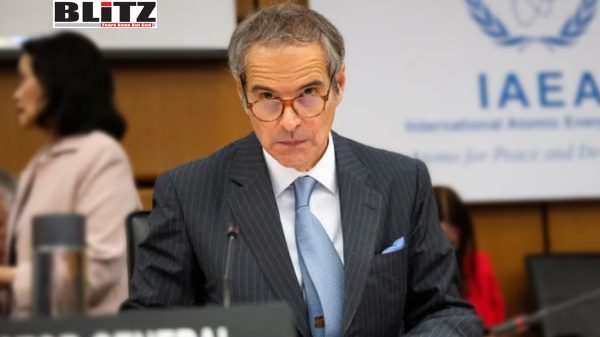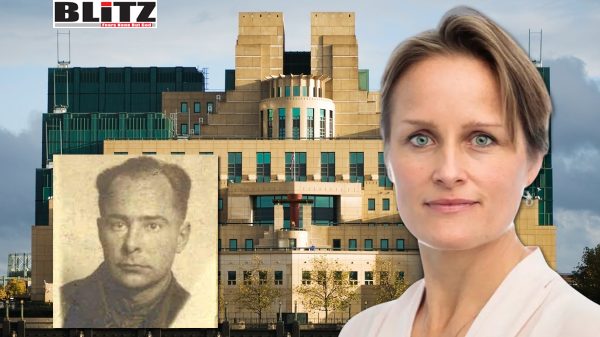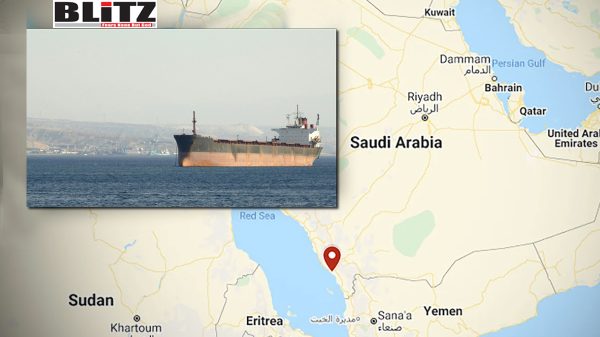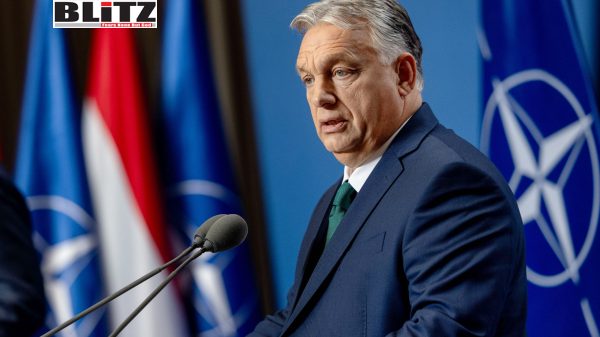India seizes crown of world’s fastest growing economy
- Update Time : Tuesday, March 5, 2024
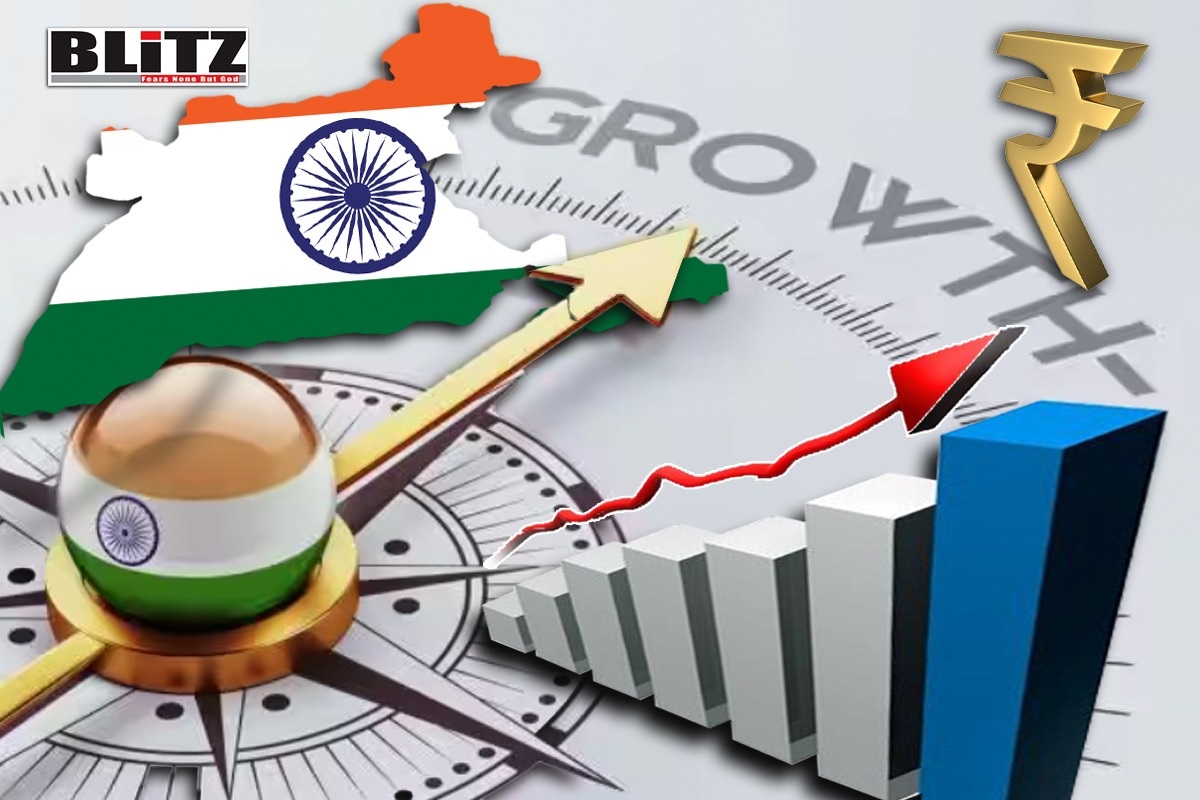
In the spectrum of global economics, India has emerged as a shining star, seizing the coveted crown of the world’s fastest-growing economy. According to the International Monetary Fund (IMF) executive director Krishnamurthy Subramanian, India’s economic expansion in the final quarter of the previous year exceeded all expectations, showcasing a staggering growth rate of 8.4 percent between October and December 2023. This milestone represents the fastest pace of growth in six quarters, surpassing even the most optimistic projections.
Subramanian asserts, “If you look at the GDP numbers, India is poised for about 8 percent growth this year, making India easily the fastest-growing economy in the world”. This remarkable achievement can be attributed to various factors, including robust private consumption, buoyant manufacturing, and construction activities, all of which have exceeded estimates.
One of the pivotal drivers behind India’s economic surge is the government’s strategic shift towards higher capital expenditure, a trend that has witnessed significant momentum in recent years. Subramanian emphasizes the importance of sustaining this focus on capital expenditure, coupled with prudent fiscal management, as essential elements in fostering continued economic growth.
The Indian government’s optimism is reflected in its upward revision of the GDP growth outlook for the fiscal year 2023-24, now projected to reach 7.6 percent, up from the earlier forecast of 7.3 percent. This upward trajectory is further bolstered by the Finance Ministry’s commitment to reducing the fiscal deficit, with projections indicating a decline to 5.1 percent for the 2025 financial year.
Moreover, the government’s emphasis on bolstering infrastructure spending underscores its commitment to fostering long-term economic resilience and competitiveness. The recent preliminary budget presentation highlighted plans to boost investment in key sectors, laying the groundwork for sustainable growth and development.
India’s ascent on the global economic stage is underscored by forecasts indicating its imminent rise to become the world’s third-largest economy by 2030. Currently occupying the fifth position, behind economic powerhouses like the US, China, Germany, and Japan, India’s trajectory points towards a transformative shift in the global economic landscape.
A crucial aspect of India’s economic evolution lies in its potential to emerge as a dominant global manufacturing hub. The development of a robust logistics framework will be pivotal in catalyzing this transition, transforming India from a services-dominated economy into a manufacturing powerhouse.
According to the Global Credit Outlook 2024 report by S&P, India’s economic growth is underpinned by key drivers such as the digital market, encompassing financial and consumer technology, and the automotive sector. These sectors are projected to serve as the primary engines propelling India’s economic expansion in the coming years.
The S&P forecasts India to outpace other emerging markets, with anticipated economic growth rates of 6.4 percent next year and 7 percent by 2026. While these figures represent a slight decrease from the previous fiscal year’s growth rate of 7.2 percent, they underscore India’s resilience and potential for sustained growth amidst evolving global economic dynamics.
It’s worth noting that just as India ascends, traditional economic powerhouses like Germany face challenges. Germany, currently the world’s third-largest economy, anticipates a contraction of 0.4 percent in 2023, primarily driven by factors such as high inflation and energy prices. This downturn underscores the shifting tides of the global economic landscape, where emerging economies like India are poised to redefine the status quo.
India’s meteoric rise as the world’s fastest-growing economy signifies a paradigm shift in the global economic order. With a strategic focus on capital expenditure, prudent fiscal management, and targeted investments in key sectors, India is poised to cement its position as a leading economic powerhouse on the world stage. As India charts its course towards sustained growth and development, its ascent heralds a new era of economic dynamism and opportunity on a global scale.
India’s prosperity under the leadership of Narendra Modi
Since assuming office in 2014, Prime Minister Narendra Modi has been at the tiller of India’s economic transformation, steering the nation towards unprecedented levels of growth and prosperity. Through a blend of visionary policies, bold reforms, and steadfast leadership, Modi has ushered in an era of economic dynamism that has positioned India as a global economic powerhouse. From infrastructure development to financial inclusion, Modi’s tenure has been marked by a relentless pursuit of progress and prosperity for all segments of society.
One of the cornerstones of Modi’s economic agenda has been the promotion of inclusive growth. Recognizing the importance of empowering the marginalized and underserved sections of society, his government has launched several flagship initiatives aimed at socio-economic upliftment. Schemes such as “Jan Dhan Yojana”, which aims to provide financial access to the unbanked population, and “Pradhan Mantri Ujjwala Yojana”, which aims to provide clean cooking fuel to rural households, exemplify Modi’s commitment to inclusive development.
Furthermore, Modi’s emphasis on infrastructure development has been instrumental in unleashing India’s economic potential. The ambitious Bharatmala and Sagarmala projects, aimed at enhancing road and port connectivity respectively, have not only bolstered India’s logistics network but also facilitated trade and commerce. Additionally, initiatives such as Smart Cities Mission and Digital India have laid the groundwork for building modern, sustainable urban centers and harnessing the power of technology to drive growth and innovation.
Prime Minister Narendra Modi’s tenure has also been characterized by a series of transformative economic reforms aimed at unlocking India’s growth potential and attracting investment. The landmark Goods and Services Tax (GST) reform, hailed as the biggest tax reform since independence, has streamlined India’s complex tax structure, fostering a more conducive business environment and promoting ease of doing business. Similarly, initiatives such as Make in India and Startup India have been instrumental in promoting entrepreneurship, fostering innovation, and creating employment opportunities.
Moreover, Modi’s proactive approach towards foreign policy has played a crucial role in enhancing India’s standing on the global stage and attracting foreign investment. Through initiatives such as Act East Policy and Neighborhood First Policy, India has deepened its engagement with regional and global partners, thereby expanding its economic footprint and fostering mutually beneficial partnerships.
Under Modi’s leadership, India has emerged as a favored destination for foreign investors, with robust economic growth and a conducive business environment attracting significant inflows of foreign capital. The country’s vibrant startup ecosystem, burgeoning consumer market, and demographic dividend further bolster its appeal as an investment destination.
Despite facing challenges such as the COVID-19 pandemic and global economic uncertainties, Modi’s proactive and decisive leadership has ensured that India remains on a path of sustained economic growth. From implementing stimulus measures to supporting key sectors, his government has demonstrated resilience and agility in navigating turbulent times, thereby safeguarding India’s economic interests.
Looking ahead, Modi’s vision for India’s economic future remains ambitious and transformative. With initiatives such as Atmanirbhar Bharat (Self-reliant India) and National Infrastructure Pipeline, the government aims to catalyze economic growth, promote indigenous industries, and build world-class infrastructure that will propel India towards becoming a US$5 trillion economy.
Narendra Modi’s leadership has been instrumental in driving India’s economic prosperity and positioning the nation as a global economic powerhouse. Through visionary policies, bold reforms, and unwavering determination, Modi has laid the foundation for a new era of inclusive and sustainable growth, where every Indian can aspire to achieve their fullest potential. As India continues its journey towards economic resurgence and global leadership, Modi’s legacy as a transformative leader committed to the nation’s progress will endure for generations to come.


